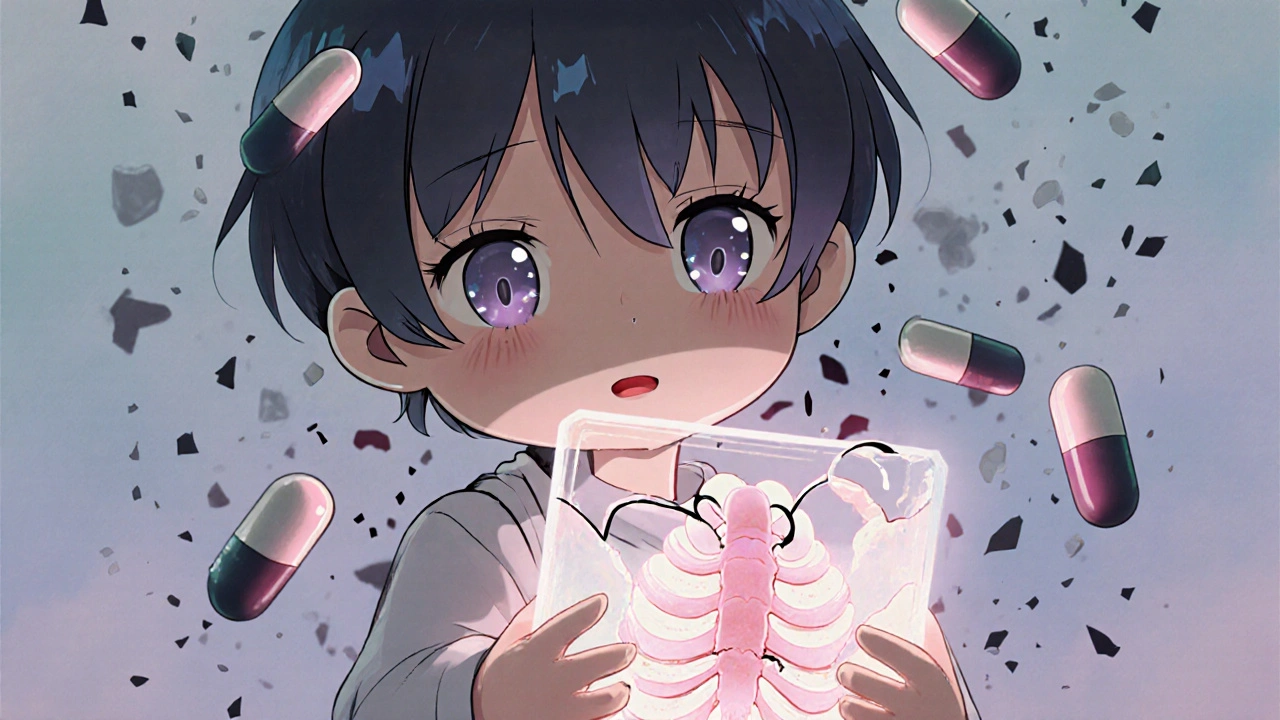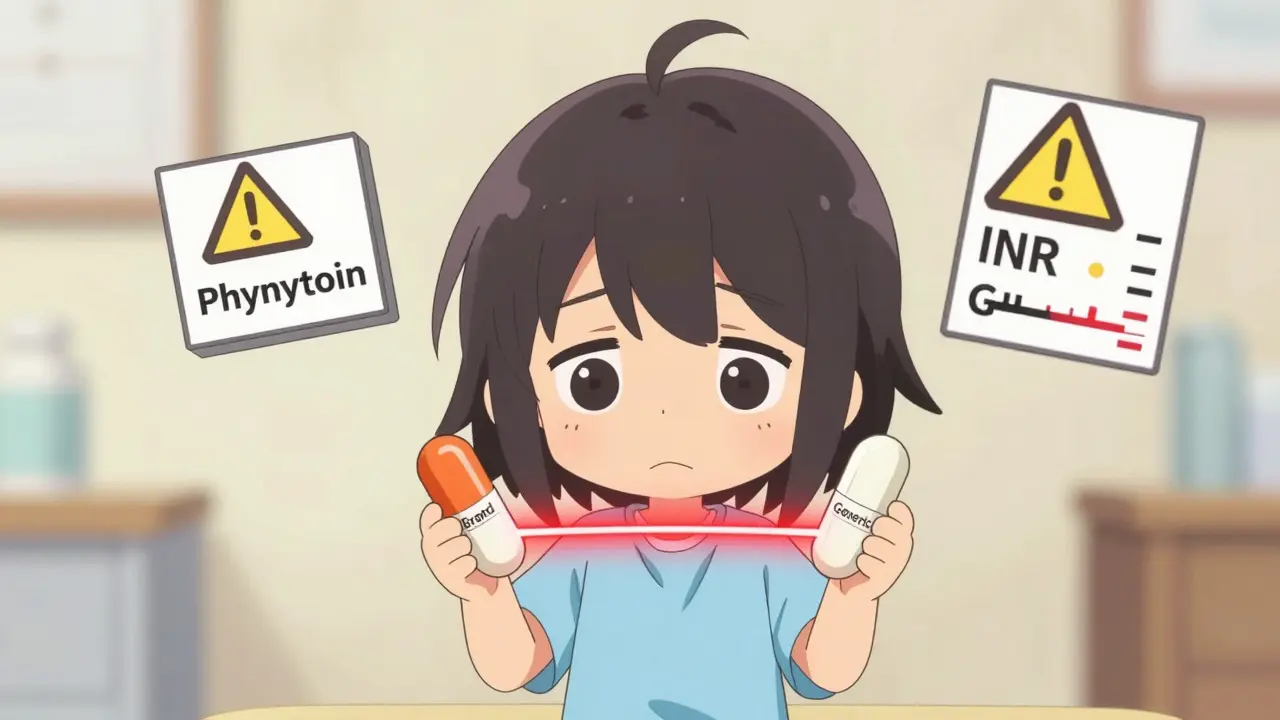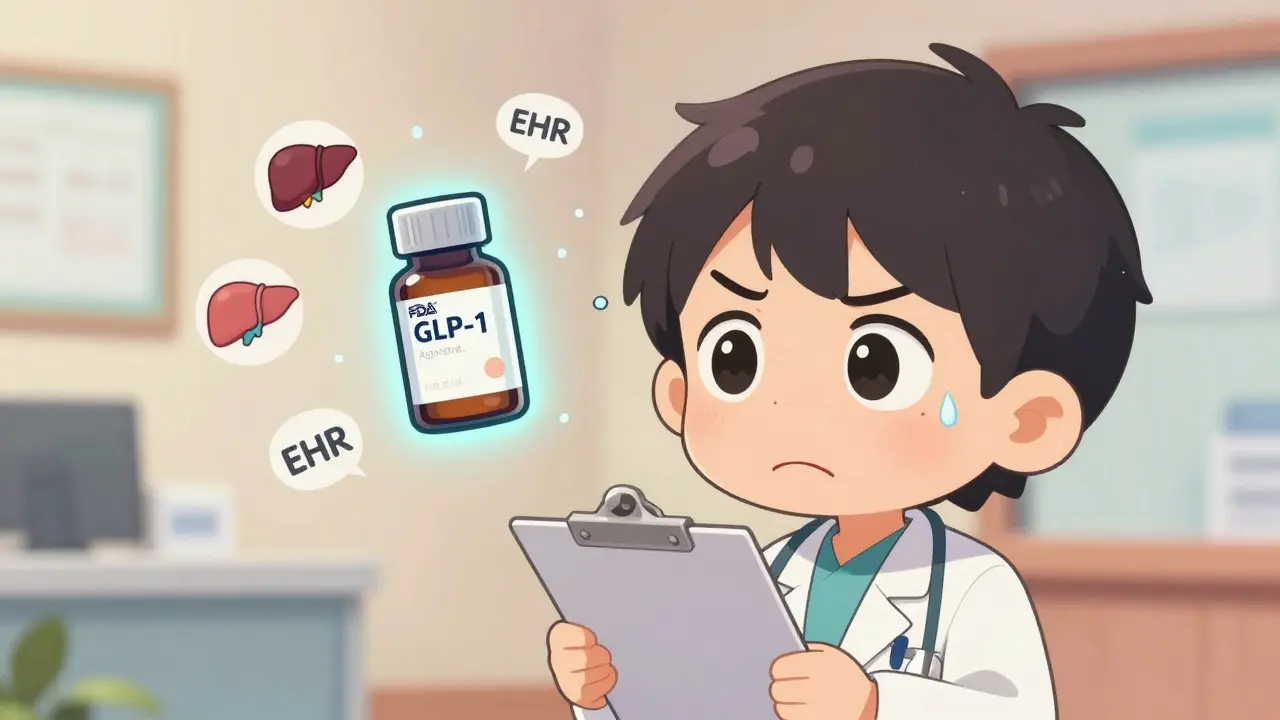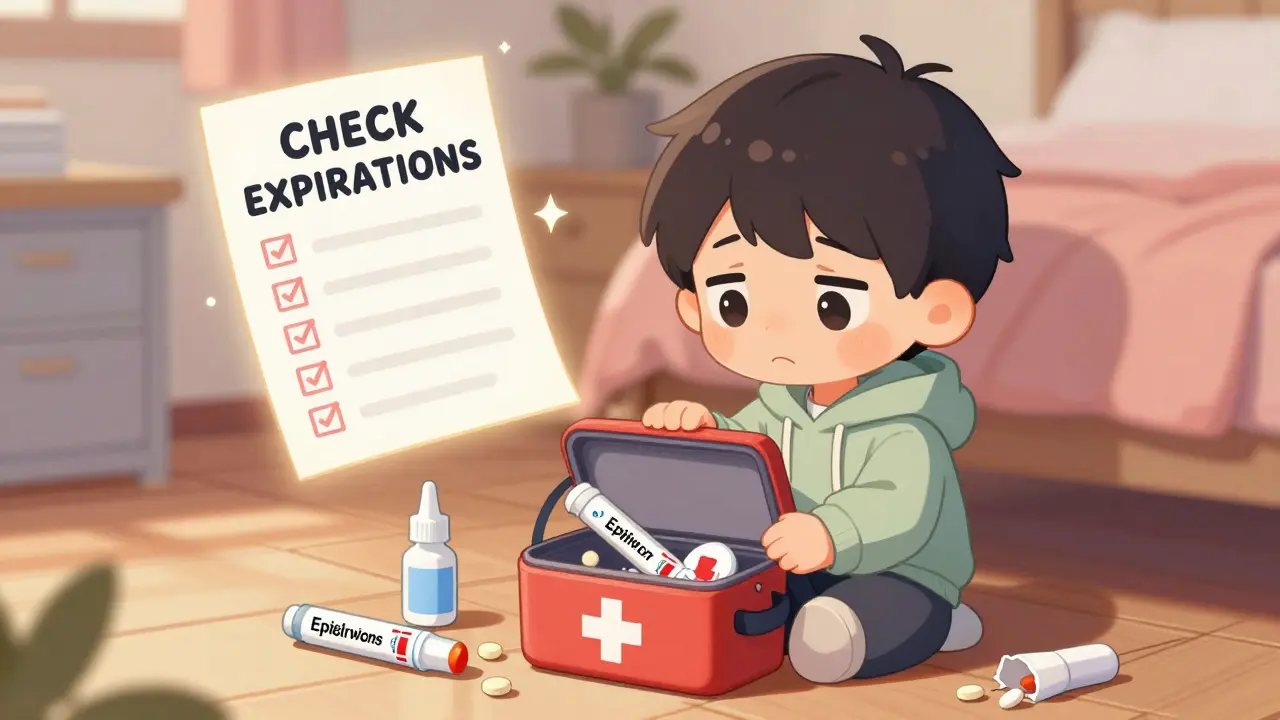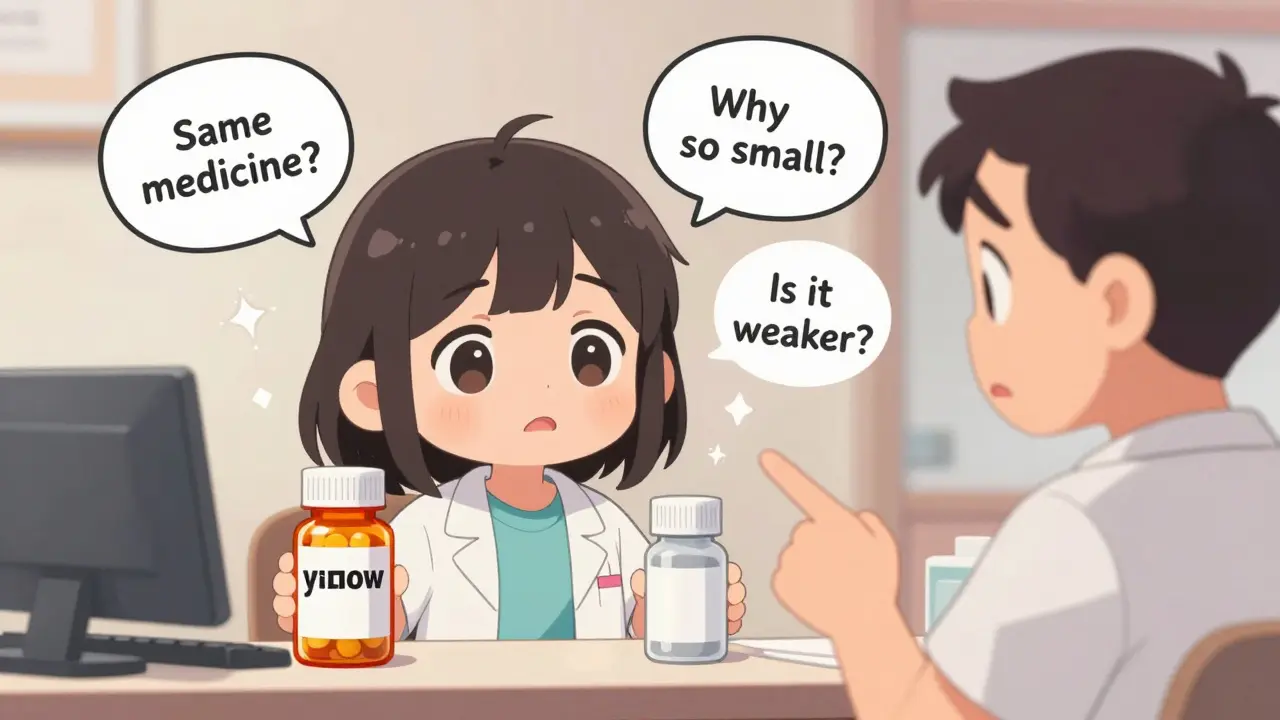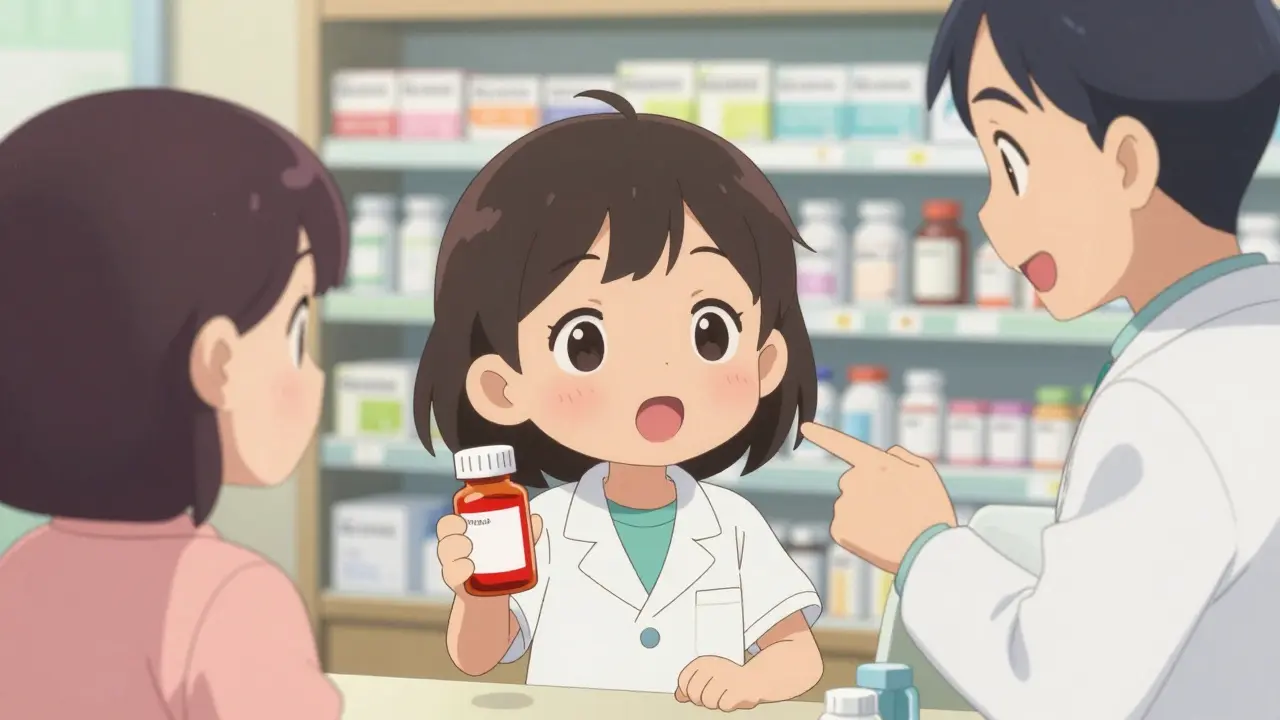Bone Loss: What Causes It and How to Protect Your Bones
When your bones start to weaken, it’s called bone loss, the gradual reduction in bone mass and density that increases fracture risk. Also known as osteopenia, it’s not something that happens overnight—it creeps up silently, often without symptoms until a bone breaks. Many people assume it’s just part of aging, but that’s not true. Bone loss can start as early as your 30s, especially if you’re not getting enough calcium, a mineral essential for building and maintaining strong bones, or vitamin D, the nutrient your body needs to absorb calcium properly. Even if you eat dairy, take supplements, or go outside often, you might still be missing key factors that keep bones healthy.
Bone loss isn’t just about diet. Certain medications can speed it up—like long-term use of corticosteroids, drugs like prednisone used for inflammation and autoimmune conditions. These drugs interfere with bone-building cells and increase bone breakdown. Other culprits include proton pump inhibitors (PPIs) like omeprazole, which reduce stomach acid and can limit calcium absorption. If you’re on these meds long-term, your doctor should monitor your bone density. Physical inactivity also plays a big role. Bones need stress to stay strong. Walking, lifting weights, or even standing more each day sends signals to your body to keep bone tissue intact. Sitting all day? That’s like telling your bones they’re not needed anymore.
It’s not just about preventing fractures. Bone loss can change how you move, how you feel, even how tall you are. Spinal compression fractures can lead to a curved back, chronic pain, and trouble breathing. And once you break a hip from weak bones, your chances of living independently drop sharply. The good news? You can slow or even reverse early bone loss with the right steps. Getting tested with a DEXA scan is simple and non-invasive. It’s not a luxury—it’s a basic health check if you’re over 50, postmenopausal, or on long-term steroids. And it’s not just about popping pills. Movement, sunlight, protein intake, and avoiding smoking and too much alcohol matter just as much.
Below, you’ll find real, practical guides on how medications like steroids and acid reducers affect your bones, what supplements actually help, and how to spot hidden risks before it’s too late. No fluff. Just what works.
